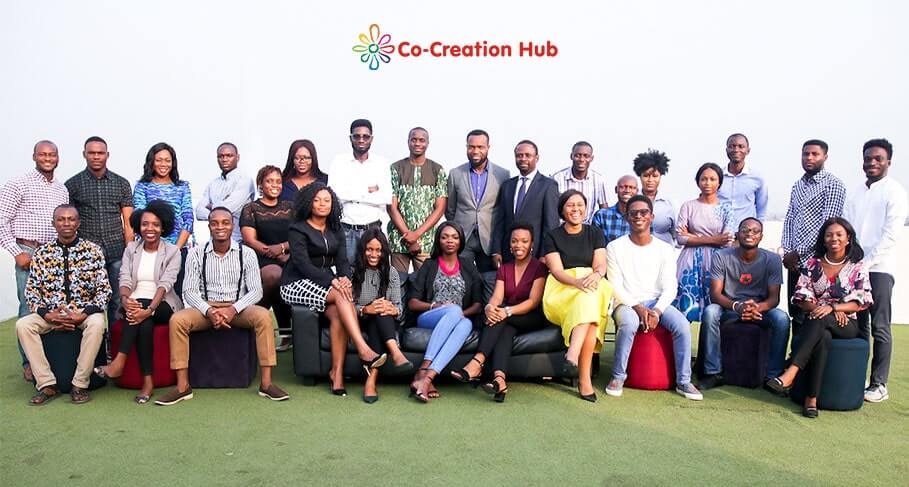The Edtech Fellowship Program, an accelerator program funded by $15 million over the course of three years, will be launched by Co-Creation Hub (CcHub) and open to 72 startups in Nigeria and Kenya.
The goal of the accelerator program is to help founders who are using technology to solve problems in the educational system and increase the impact of edtech firms across Africa.
“Africa’s $2 billion education sector, now more than ever, demands more unorthodox solutions,” said CcHub co-founder and CEO Bosun Tijani in an interview. And CcHUB, which has run several edtech initiatives (one of which I have volunteered for) and backed successful and failed edtech startups in the past via its incubator and accelerator programs, is hopeful of discovering such solutions addressing challenges across K-12, tertiary, and skills-to-jobs markets.
Read also: CcHub Collaborates with Google for Fintech Incubation in Rwanda
Co-Creation Hub Edtech Fellowship Program
“Our scope of thought is really large. We expect the core will be reduced to a small set of areas based on our observations, but we’re pushing ourselves to avoid funding the most straightforward approaches, as he put it. We are not going to invest in any old startup without first making sure they are improving education.”
CcHUB plans to take on this duty with the help of an internal research team whose primary mission is to work with portfolio entrepreneurs and test their products from launch to scaling. Selected startups in both cities will get access to the team, which is part of a larger 30 member crew covering multiple expert groups.
Each startup will rely heavily on the shared resources provided by groups like product development, government relations, pedagogy and learning science, portfolio management, communication, instructional design, and community building in order to successfully form their teams, test out their minimum viable product (MVP), engage with organisations, and gather user feedback.
While participating in the Edtech Fellowship program, startups will receive a $100,000 seed grant; this additional financing and support will help them reach their full potential.
Tijani is confident that this program will kickstart the ed-tech ecosystem and estimates that between twenty and thirty percent of the firms will survive for another three to four years. And that will tell us if technology in education in Africa is actually effective.
The $15 million set aside for this program will be used to handle other resources in the accelerator, such as personnel costs and giving support capital to startups as they advance, in addition to providing the money for entrepreneurs.
Innovation Hub, Safaricom and MTN
The innovation hub is in talks with telcos like Safaricom and MTN to explore arrangements that could see them become not only investors in the fund but also distribution partners for edtech solutions in the Fellowship’s portfolio, according to Tijani. The $50 million edtech fund is expected to launch within the next 12-24 months. An anchor investor has committed an initial $5 million.
There is another thing that sets this program apart. Our backers aren’t just handing us cash and saying, “Here, invest it.” Not only are they providing us with cash to enable us to acquire capital, but they also have significant “skin in the game,” which is unusual in the VC industry.
“We have a biased view of potential co-investors. We also approach DFIs and telcos in addition to VCs. In general, CcHub’s efforts will reduce the risk for venture capitalists interested in funding edtech businesses, as Tijani put it”




